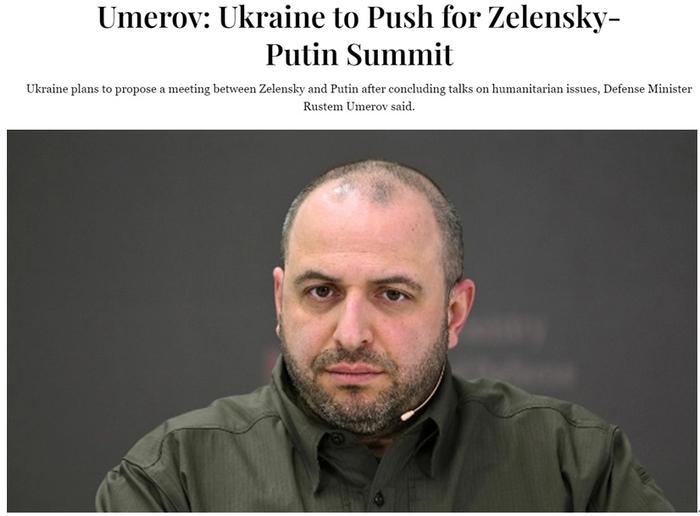
Russia and Ukraine have both recently commented on the progress of the third round of negotiations.
On June 27th, local time, Russian President Vladimir Putin stated in Minsk, Belarus’s capital, that after implementing the agreement reached with Ukraine in Istanbul, Turkey, Russia is ready to hold the third round of talks.
On the same day, Ukrainian Defense Minister Mykhailo Podolyak revealed in an interview with the media that after completing discussions on humanitarian issues, Ukraine plans to advance its leaders’ meeting with Russia and hopes for substantive dialogue.
Professor Cui Hongjian from the Institute of Regional and Global Governance at Beijing Foreign Studies University analyzed in an interview with China Central Radio and Television that Russia and Ukraine are both expressing their willingness for the third round of negotiations but also engaging in a game of chess.
The delay in starting the third round of negotiations between Russia and Ukraine is partly due to the escalation in the battlefield situation, which has shifted the focus of both sides to the battlefield in the short term.
Another reason is that after the previous two rounds of negotiations, the relatively easy parts that could be achieved by both sides have been exhausted, especially humanitarian cooperation, which requires more effort in the third round of negotiations.
Now, both sides are expressing their willingness while still being in a stage of mutual negotiation regarding specific time and content of the negotiations.
However, there is no change in the objective and subjective needs of both sides for the conflict in Russia and Ukraine to be resolved as soon as possible.
According to a screenshot from Kyiv Post, Professor Cui further analyzed that the complexity of the third round of negotiations between Russia and Ukraine has deepened, facing multiple layers of pressure and risks.
The battlefield situation remains unstable, creating very little political conditions for negotiations. Additionally, the differences in negotiation positions and political goals between the two sides are significant, making it difficult to have a more optimistic expectation for the third round of negotiations. However, Russia and Ukraine must negotiate.
Firstly, after more than three years of intense fighting, both sides have entered a state of exhaustion, requiring negotiations to balance the battlefield situation.
Secondly, only through negotiations can the ongoing humanitarian cooperation between both sides continue.
Thirdly, refusing to negotiate will put both sides under immense international pressure and may even lead to the so-called “punishment” from the United States.
The Russia-Ukraine conflict is a multifaceted game of politics.